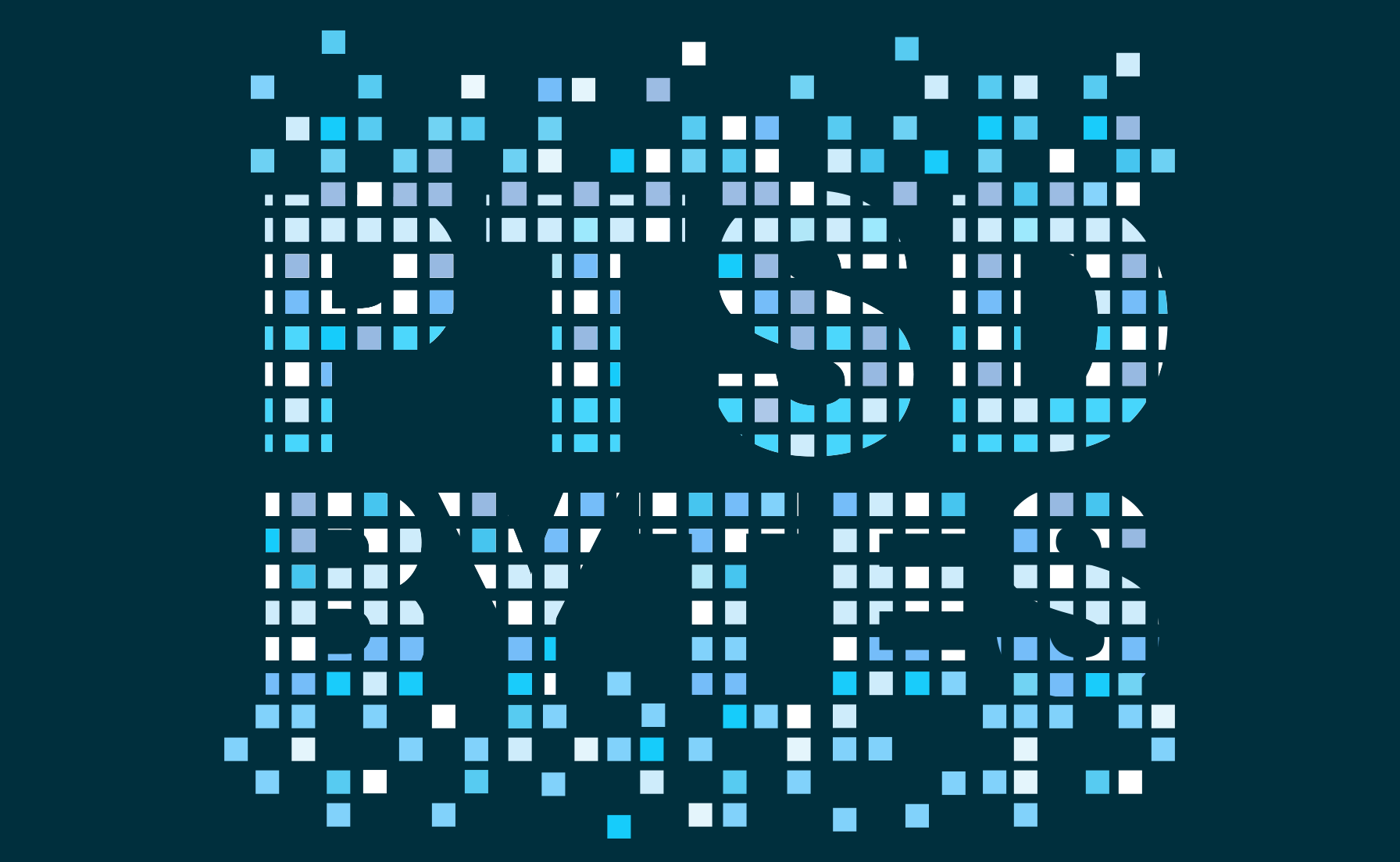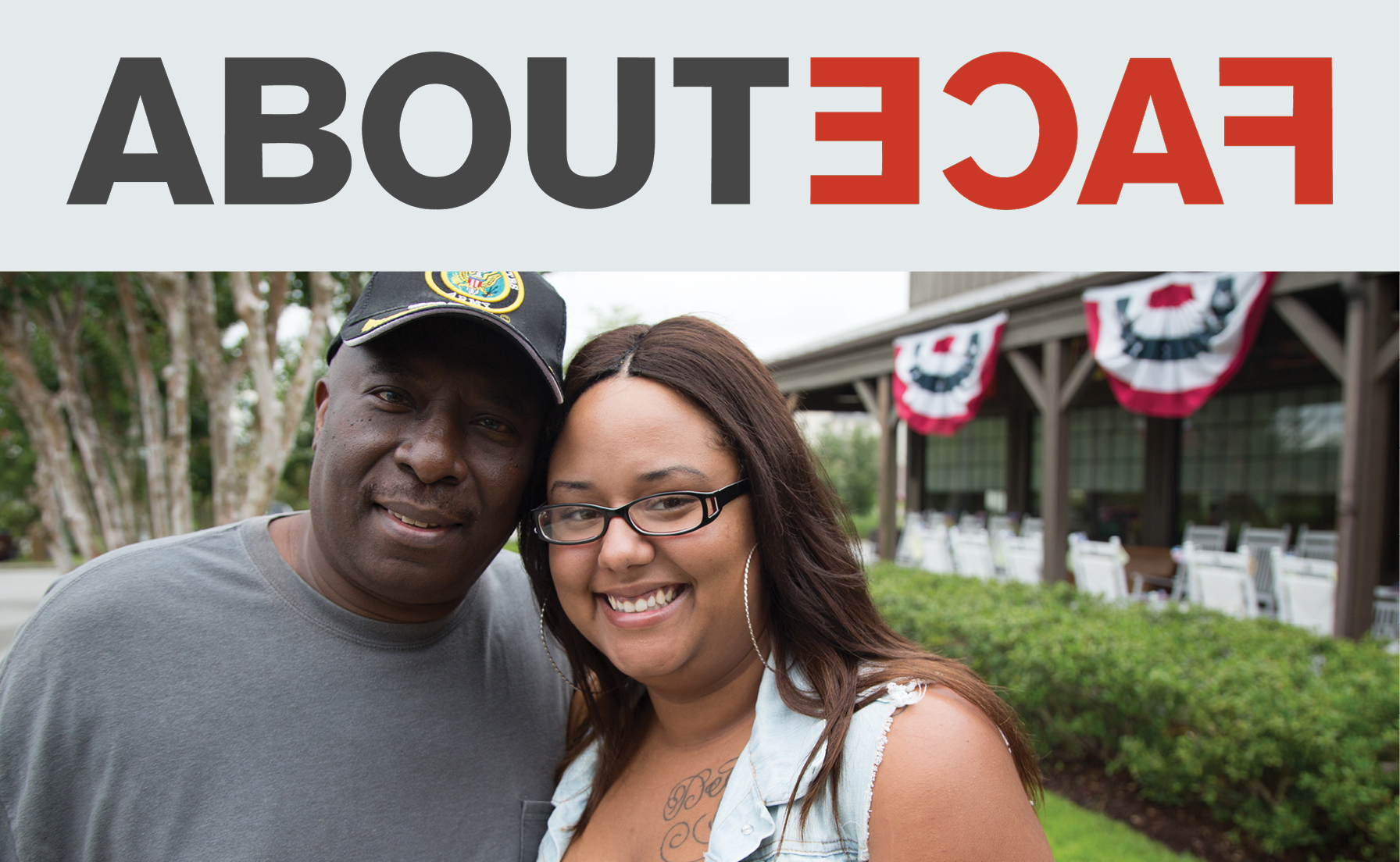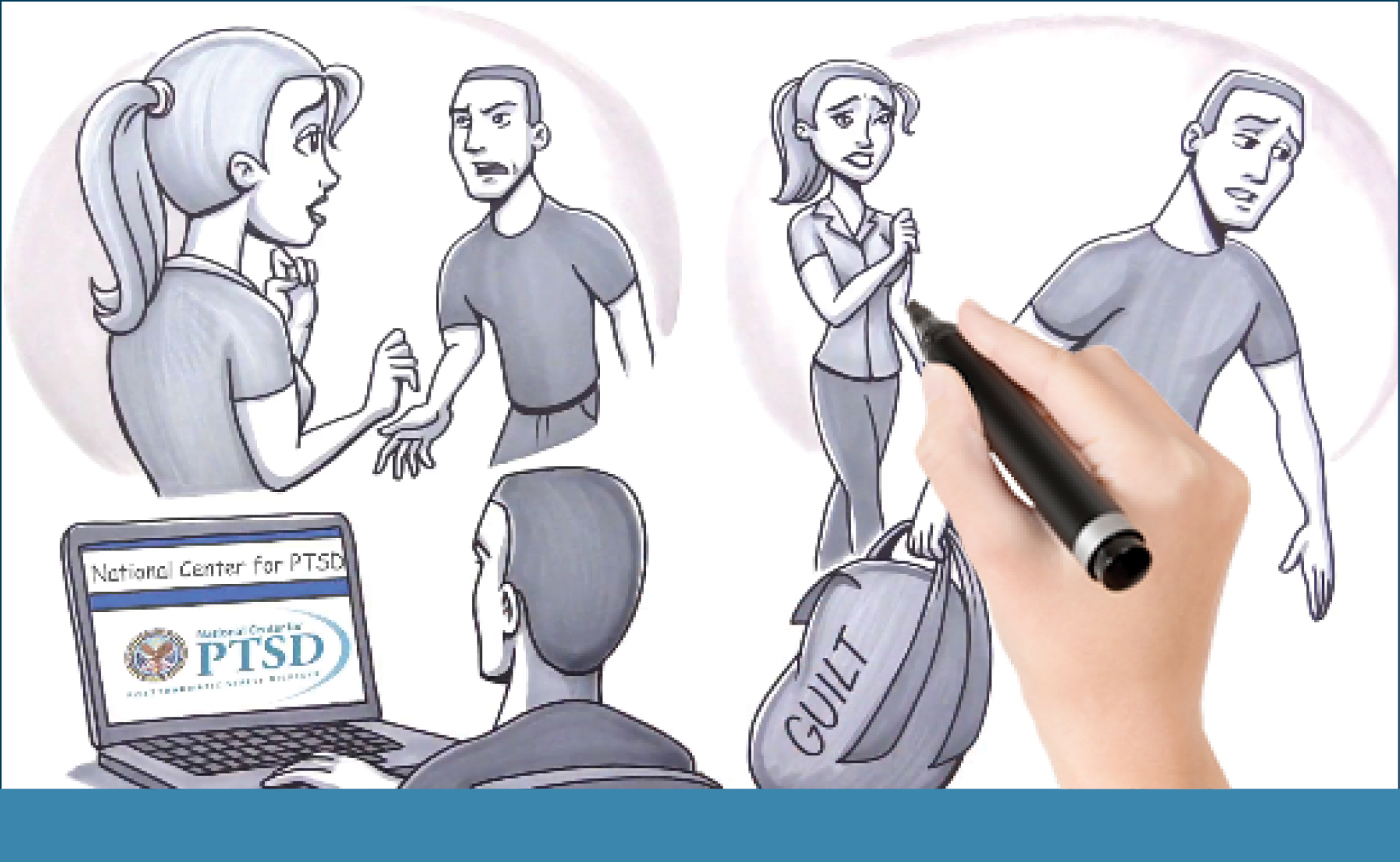PTSD: National Center for PTSD
Sexual Abuse of Children
Sexual Abuse: Children
It's not always easy to tell if a child has been sexually abused. The abuser, who is usually older than the child, is often someone the child knows. So, a child may not understand the abuse even if it feels wrong. Learn about child sexual assault, common effects, and what you can do as a caregiver if you are concerned about a child.
Reading time: minutes
Child sexual abuse includes a wide range of sexual behaviors that take place between a child and an older person. These behaviors are meant to arouse the older person in a sexual way. In general, no thought is given to what effect the behavior may have on the child. For the most part, the abuser does not care about the reactions or choices of the child.
Child sexual abuse often involves body contact. This could include sexual kissing, touching, and oral, anal, or vaginal sex. Not all sexual abuse involves body contact, though. Showing private parts ("flashing"), forcing children to watch pornography, verbal pressure for sex, and exploiting children as prostitutes or for pornography can be sexual abuse as well. Researchers estimate that in our country about one out of six boys and one out of four girls are sexually abused.
Under the child sexual abuse laws, the abuser must be older than the victim in most cases. Some states require the abuser to be at least five years older.
Who Commits Child Sexual Abuse?
- Most often, sexual abusers know the child they abuse, but are not family. For example, the abuser might be a friend of the family, babysitter, or neighbor. About 6 out of 10 abusers fall into that group.
- About 3 out of 10 of those who sexually abuse children are family members of the child. This includes fathers, uncles, or cousins.
- The abuser is a stranger in only about 1 out of 10 child sexual abuse cases.
- Abusers are men in most cases, whether the victim is a boy or a girl.
- Women are the abusers in about 14% of cases reported against boys and about 6% of cases reported against girls.
- Child pornographers and other abusers who are strangers may make contact with children using the Internet.
What Are the Effects of Childhood Sexual Abuse?
It is not always easy to tell when a child has been sexually abused. Sexual abuse often occurs in secret, and there is not always physical proof of the abuse. For these reasons, child sexual abuse can be hard to detect.
Almost every child who has been sexually abused describes the abuse as negative. Most children know it is wrong. They usually have feelings of fear, shock, anger, and disgust. A small number of abused children might not realize it is wrong, though. These children tend to be very young or have developmental delays. Also some victims might enjoy the attention, closeness, or physical contact with the abuser. This is more likely to be the case if these basic needs are not met by a caregiver. All told, these reactions make the abuse very hard and confusing for children. Sexual abuse often involves being used or hurt by a trusted adult. The child might come to believe that the only way to get attention or love is to give something sexual. Some children believe the abuse is somehow their fault. They may think the abuser chose them because they must have wanted it or because there is something wrong with them. If the abuser was of the same sex, children might wonder if that means they are gay.
Some children who have been sexually abused may show symptoms of PTSD. They may behave in a nervous, upset way. They may have bad dreams, act out aspects of the abuse in their play, or show other fears and worries. Young children may lose skills they once learned and act younger than they are. For example, they might start wetting the bed or sucking their thumb after they had previously grown out of those behaviors. Some show sexual behaviors that are not expected in a child. They may act in a way that seems seductive, or they may not maintain safe limits with others. Children, especially boys, might "act out" with behavior problems. This could include being cruel to others or running away from home. Other children "act in" by becoming depressed. They may withdraw from friends or family. Older children or teens might try to hurt or even kill themselves.
What Can Caregivers Do to Help Keep Children Safe?
Although caregivers cannot protect their children 100% of the time, it is important to get to know the people that come around your child. You can find out whether someone has been charged with sexual abuse and find out where sexual abusers live in your area by going to the website FamilyWatchdog.com .
.
Most importantly, provide a safe, caring setting so children feel able to talk to you about sexual abuse. Other tips to keep your children safe include:
- Talk to others who know the people with whom your child comes in contact.
- Talk to your children about the difference between safe touching and unsafe touching.
- Tell the child that if someone tries to touch his or her body in their private areas or do things that make the child feel unsafe, he should say NO to the person. He needs to tell you or a trusted adult about it right away.
- Let children know that their bodies are private and that they have the right not to allow others to touch their bodies in an unsafe way.
- Let them know that they do not have to do EVERYTHING the babysitter, family member, or group leader tells them to do.
- Alert your children that abusers may use the Internet. Watch over your child on the Internet.
What Should You Do if You Think Your Child Has Been Sexually Abused?
If a child says she or he has been abused, try to stay calm. Reassure the child that what happened is not her fault, that you believe her, that you are proud of her for telling you (or another person), and that you are there to keep her safe. Take your child to a mental health and medical professional right away. Many cities have child advocacy centers where a child and her family can get help. These centers interview children and family members in a sensitive, warm place. They can help you report the abuse to legal authorities. They can help you find a medical examiner and therapist skilled in child sexual abuse. The National Children's Alliance website has more information and a listing of centers.
website has more information and a listing of centers.
Children can recover from sexual abuse and go on to live good lives. The best predictor of recovery is support and love from their main caregiver. As a caregiver, you might also consider getting help for yourself. It is often very hard to accept that a child has been sexually abused. You will not be supporting your child, though, if you respond in certain unhelpful ways. For example, you will not be able to provide support if you are overwhelmed with your own emotions. Don't downplay the abuse ("it wasn't that bad"), but also try not to have extreme fears related to the abuse ("my child will never be safe again"). It will not help children if you force them to talk, or if you blame the child. Getting therapy for yourself can help you deal with your own feelings about the abuse. Then you might be better able to provide support to your child.
Please see: PTSD in Children and Teens to learn about treatment for children who have been sexually abused.
Recommended Books for Child Sexual Abuse
My Body Is Private by Linda Walvoord Girard and Rodney Pate (1992)
Please Tell!: A Child's Story About Sexual Abuse by Jessie Ottenweller (1991)
Something Happened to Me by Phyllis E. Sweet (1985)
It Happens to Boys Too by Jane Satullo and Russell Bradway (1987)
The Courage to Heal: A Guide for Women Survivors of Child Sexual Abuse (4th edition) by Ellen Bass and Laura Davis (2008)
Wounded Boys Heroic Men: A Man's Guide to Recovering from Child Abuse by Daniel Jay Sonkin and Lenore E. A. Walker (1998)
You May Also Be Interested In


























